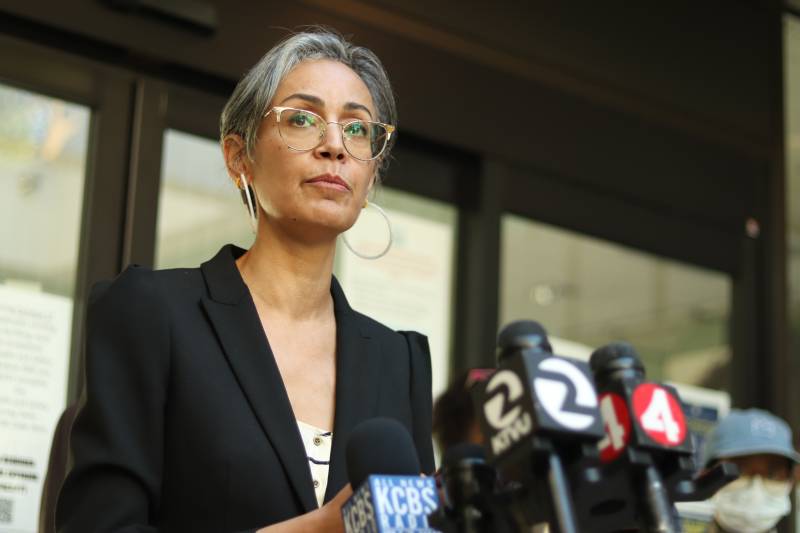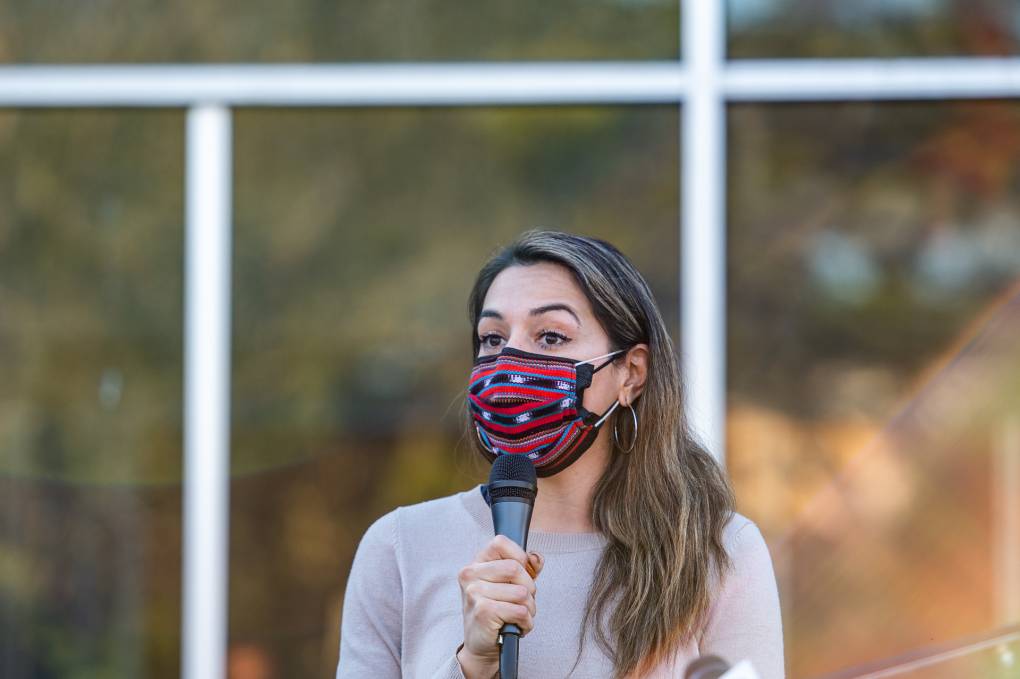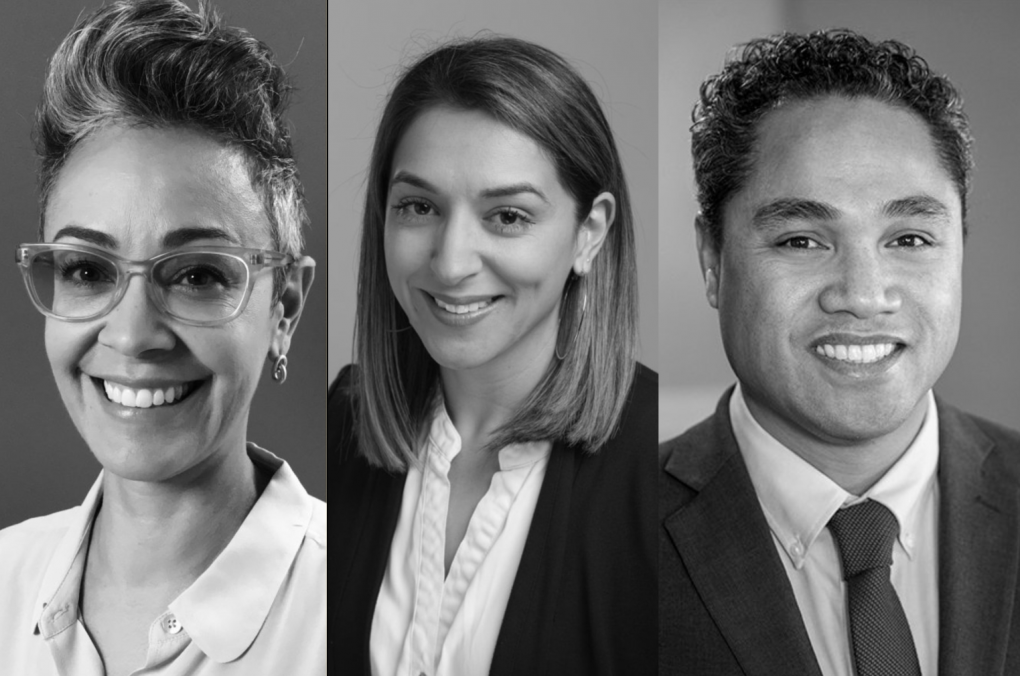What role do you think race plays in this recall?
It’s not just about race. But I do think that when you look at some of the criticism directed specifically at the three of us … having a president that’s Latina, a vice president that’s Black and both also being women as well. I do think there are different standards. I think where this really shows up is not in critiques of policies, but in critiques of people. They invariably feed into tropes of certain racial, cultural or gender groups.
For a lot of parents who are supporting this recall they are frustrated around the reopening of schools, feeling like the board wasn’t listening to them and ignoring concerns about learning loss and mental health issues. They argue, if this board is so worried about equity, why are they doing these “symbolic” things and not reopening, which would help the kids who are most likely to suffer learning loss during the pandemic. What would you want to say to them?
We represent all parents and I’m a parent who wanted my teenagers to go back for sure, but there were also families that reached out to us that were worried. Our number one priority was opening schools safely, not opening schools at all costs. I’m proud of the work that our district has done and I think it reflects a wide range of perspectives.
This idea about learning loss — every year, the parent advisory council — the [American Indian/Alaskan Native Parent Advisory Council], the [Community Advisory Committee for Special Education for SFUSD], the English Learners Advisory Committee — present an official report to the Board of Education and there is one consistent thing that they say that their children need: they need to see that their community, history and culture is reflected in the curriculum. That motivates kids, so that has a direct impact on achievement. Anybody who’s saying they’re not focused on learning is actually just not aware or hasn’t been involved because that’s the work that we’re currently doing.
I want to ask you about the tweet controversy. Looking back, how do you judge the way you handled that situation?
I’m very sorry that my words were used in a way that was hurtful to a community that was reeling. I’m very sad that my words were weaponized in that way. And they did cause people pain. During that time, I was listening to many folks and having really hard conversations with people.
This was about really just stirring up outrage. And I don’t think that’s productive for the Black community. I don’t think it’s productive for the Asian-American community.
My tweets, what I said, was not racist. My tweets addressed ongoing anti-Black racism at Lowell and throughout SFUSD. Anybody who’s done racial equity work, they understood what I was saying. At the same time, I did not think that having (that) conversation during a time when Asian-Americans were really grieving (was appropriate.)
If we’re going to talk about what I said, we should be looking at who surfaced what I said and what were their motivations in sharing old tweets about during a time when Asian Americans were going through a lot of fear and pain. If the impact of starting that conversation is more upset, that says a lot about what’s really behind that conversation. And I think this is a part of a larger pattern that we see behind recalls going on nationally.



